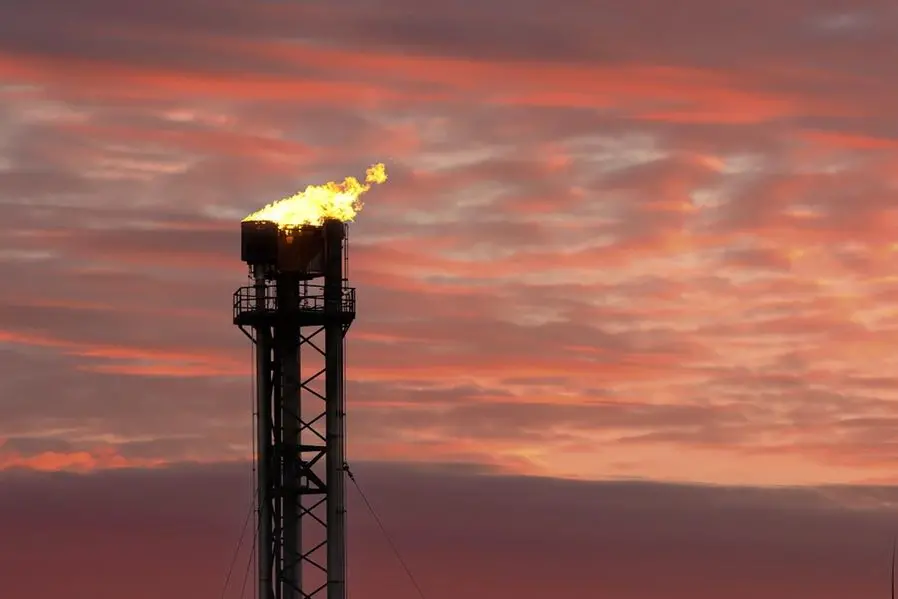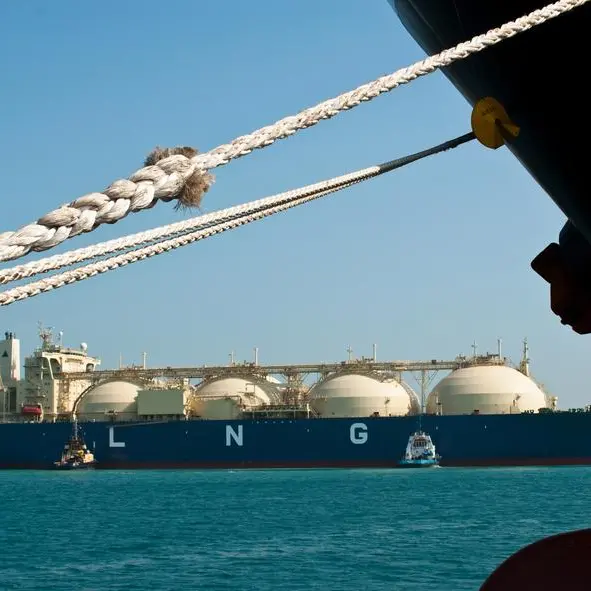PHOTO
Iraq’s Ministry of Oil is rolling out a series of initiatives aimed at supporting a just transition to a low-carbon economy, in line with the country’s international commitments under the Paris Climate Agreement.
Speaking at the First Conference on Carbon Economics held earlier this week, the Minister of Oil Hayyan Abdul Ghani outlined key initiatives that includes deployment of solar energy within oil operations and novel financing mechanisms to fund emission reduction projects.
He outlined the 1,000 megawatt (MW) Basra Sun project, which is being implemented by TotalEnergies in partnership with QatarEnergy. The project will be delivered in four phases of 250 MW each across Artawi, Siba, Al-Fihaya, and Basra. The first plant is expected to come online by the end of this year.
The ministry is also supporting renewable energy development through crude oil payment mechanisms—also known as Payment in Kind (PIK)—to help fund the Ministry of Electricity’s solar power projects. It has also extended support to a 400 MW solar project in Basra and a 200 MW project in Siba.
Efforts are underway to scale up carbon bond financing, following the Midland Oil Company’s successful issuance tied to emission reduction at the East Baghdad oil field.
As part of its decarbonisation strategy, the Ministry is investing in methane abatement and associated gas utilisation projects, with a target to eliminate routine gas flaring by 2029.
(Writing by Majda Muhsen; Editing by Anoop Menon)
Subscribe to our Projects' PULSE newsletter that brings you trustworthy news, updates and insights on project activities, developments, and partnerships across sectors in the Middle East and Africa.





















